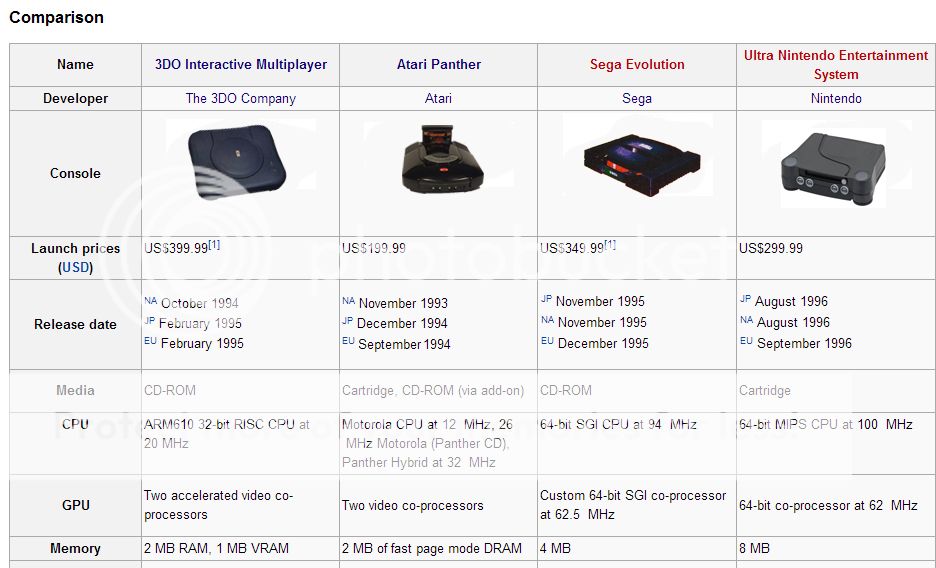Why? Warren being a Democrat actually makes a lot of sense. Presumably Wall St. hasn't run amok. She might have identical positions to her IOTL self. Or she might even be to the right of OTL.If the two main parties were Democrats and Socialists, then the Democrats would have to be right of where they are IOTL, consequently, Warren would probably be a Socialist.
Wikipedia said:Warren voted as a Republican for many years saying, "I was a Republican because I thought that those were the people who best supported markets." She states that in 1995 she began to vote Democratic because she no longer believed that to be true, but she says that she has voted for both parties because she believed that neither party should dominate.
Elizabeth Warren supports a free and fair market system IOTL, so I don't think she would be inclined to be a Socialist without a POD far back enough. She is from Oklahoma, the Socialists' strongest state, but them remaining powerful in the state would butterfly her away entirely.

